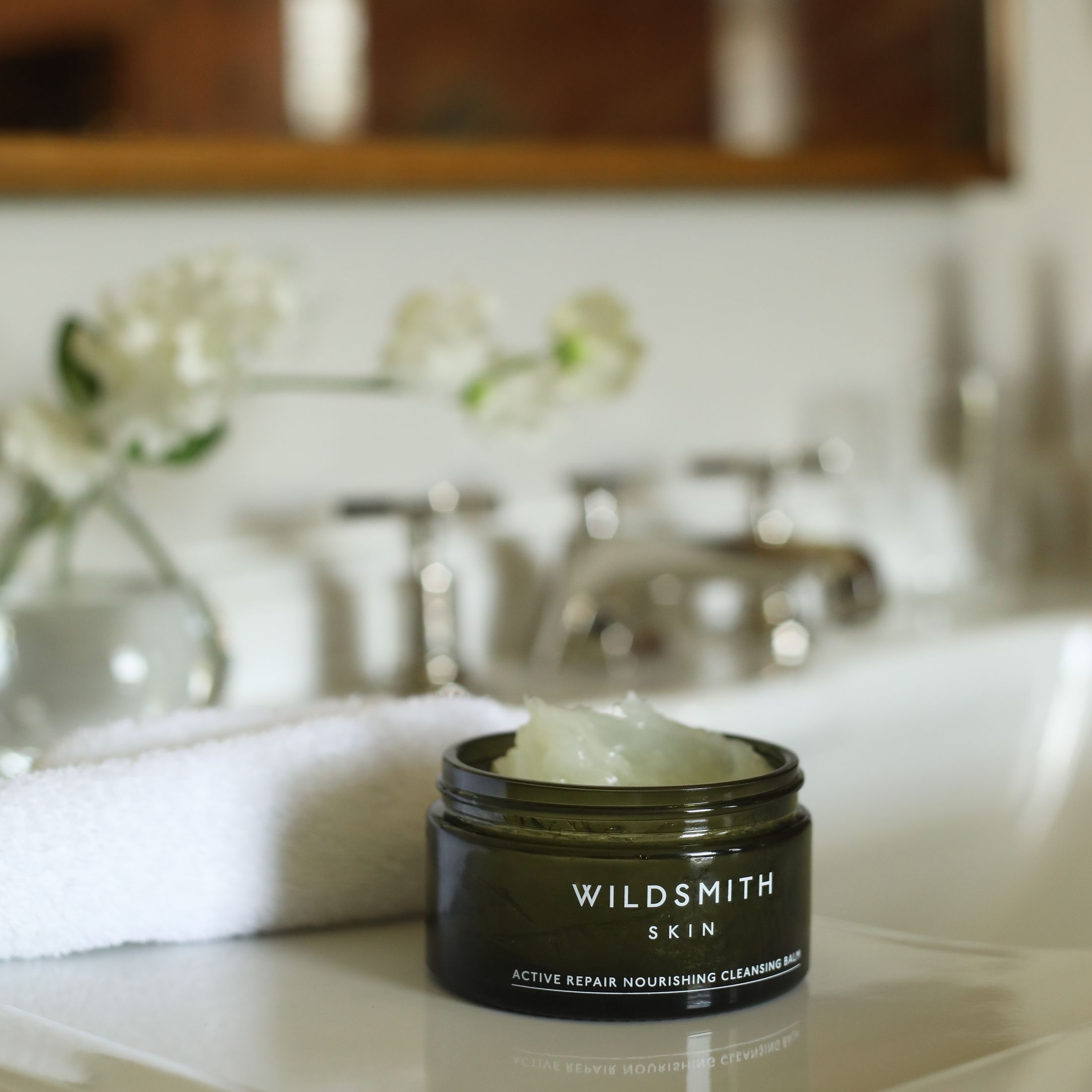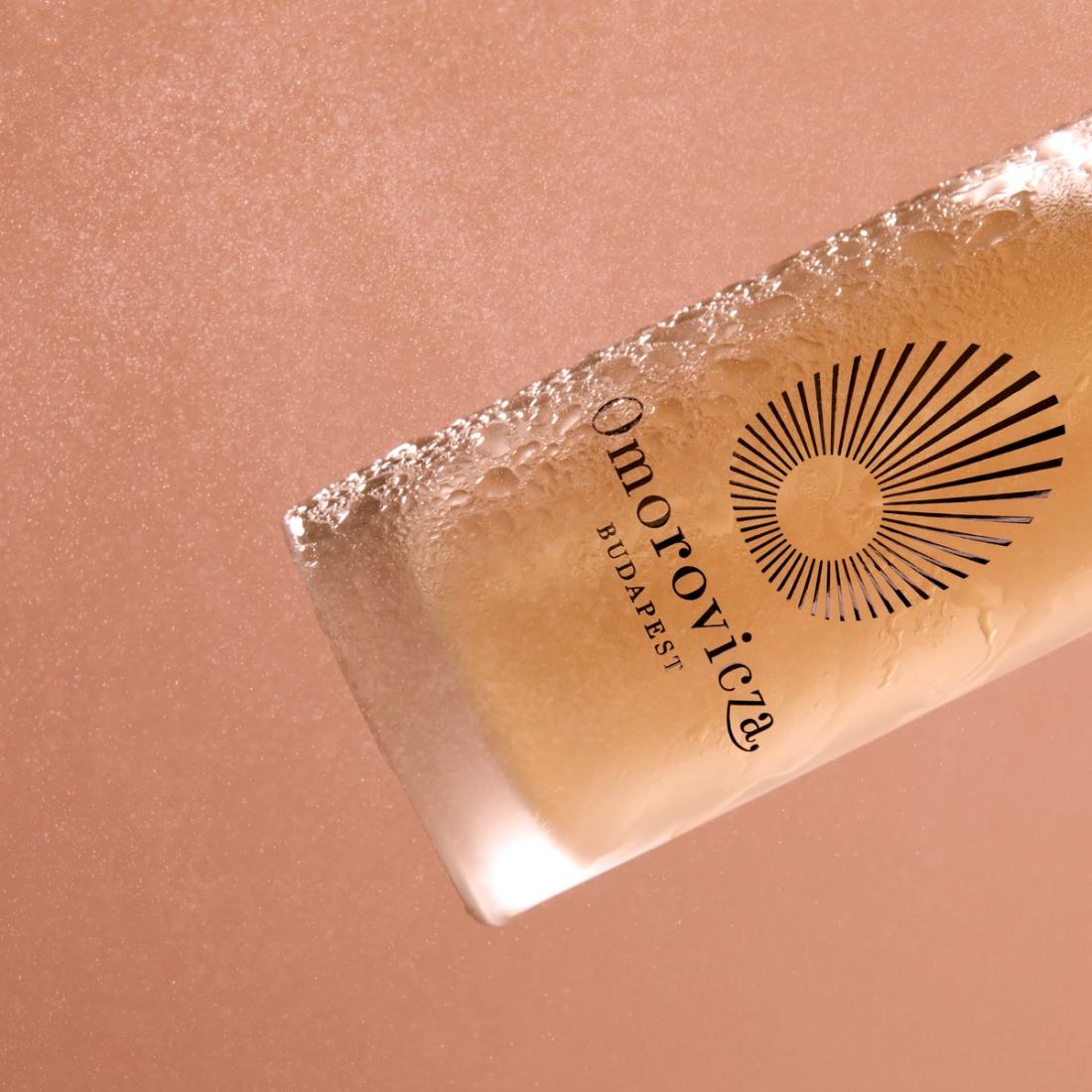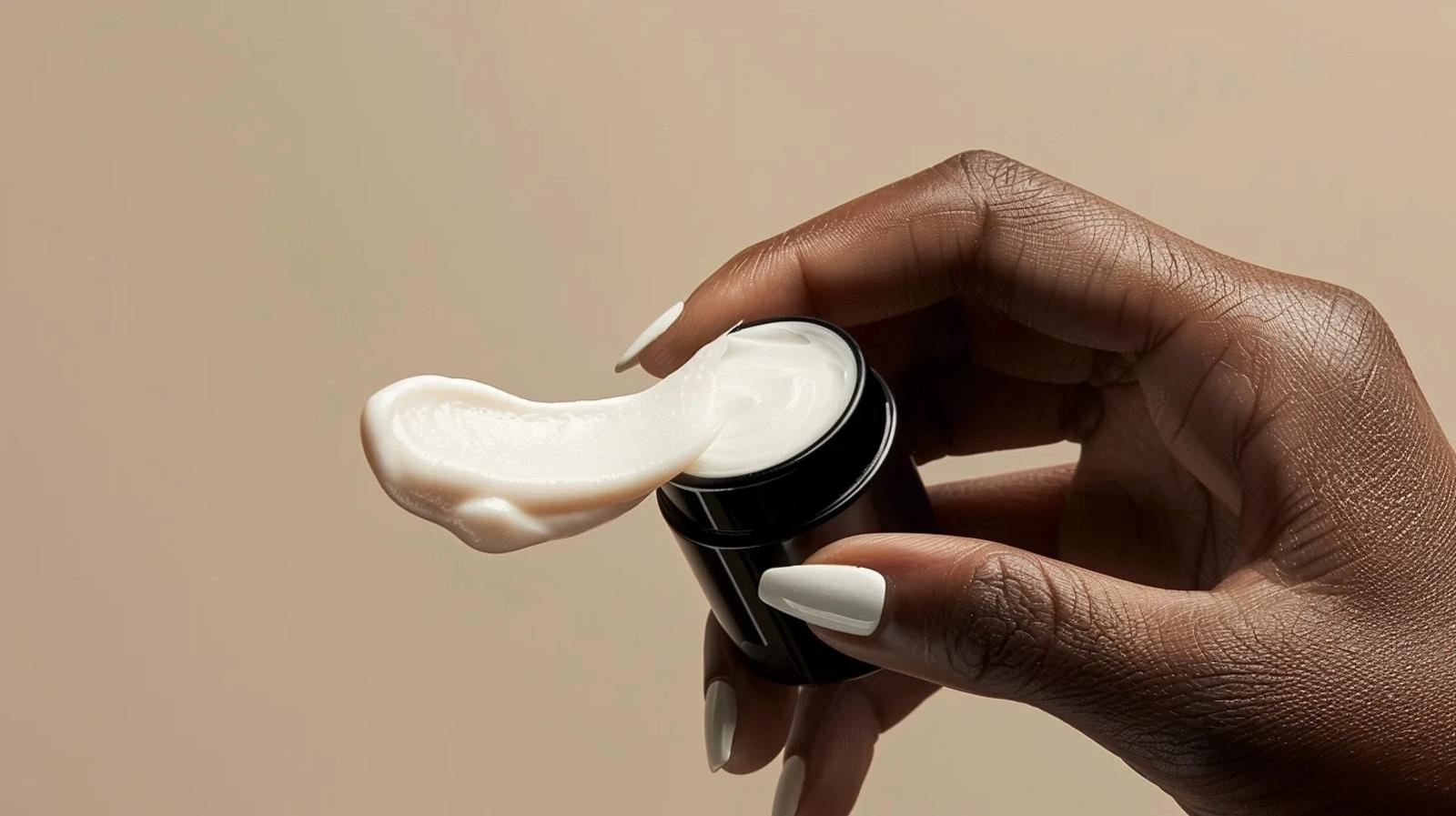Historically, skincare was a more straightforward practice. For centuries, women (and occasionally men) used basic cleansing methods, often relying on the natural environment, like honey or aloe vera, to maintain healthy skin. The notion of skincare as a ritual only took off in the 20th century, particularly in the 1950s and 60s, when beauty magazines and Hollywood icons promoted the importance of radiant skin.
However, it wasn’t until the late 1990s and early 2000s that skincare truly became a billion-dollar industry. This was driven by both advancements in dermatology and a cultural shift toward self-care and wellness. With a greater focus on anti-aging, acne treatments, and sun protection, skincare moved from being a cosmetic afterthought to a vital part of personal care.


Today, skincare routines are no longer one-size-fits-all. Brands like La Mer, La Prairie, and Augustinus Bader have set the standard for luxury skincare, often publicising revolutionary ingredients, patented technologies, and luxurious textures that promise to deliver visible results. The question is how much of this is science-backed, and how much is just marketing? Luxury brands are constantly using buzzwords like ‘plant-based’, ‘sustainability’ and ‘natural ingredients’ to sell their products to consumers.
However, Dermatologist Dr. Shereene Idriss explains, "The beauty of luxury skincare brands is their commitment to both science and indulgence. Many of these brands offer cutting-edge formulations, backed by clinical research, to address common skin concerns like ageing, pigmentation, and hydration. It's not just about expensive ingredients - it's about crafting products that are designed to work with your skin's unique needs."

For instance,"La Mer is all about transformation," says Dr. Claire Chang, a board-certified dermatologist and spokesperson for La Mer. "The Miracle Broth, with its blend of sea kelp and other natural ingredients, is formulated to calm inflammation and promote healing from within." Augustinus Bader, with its stem cell-based technology in products like ‘The Cream’ and ‘The Rich Cream,’ helps stimulate the body’s natural regenerative processes.
Wildsmith Skin stands out with its focus on science-backed formulations and natural ingredients. Dr. David Colbert, founder of New York Dermatology Group, praises these brands for using "potent ingredients like omega-3 fatty acids from plant extracts, which help restore elasticity."

Dr. Sam Bunting’s skincare line is based on simplicity, with dermatologist-approved products that target acne, aging, and skin sensitivity. "We use minimal, effective ingredients that support the skin’s natural barrier," says Dr. Bunting. Similarly, Omorovicza Chief Scientist, Professor István Szentiványi, explains, "Omorovicza harnesses the mineral-rich thermal waters from Hungary, which are known for their ability to repair and strengthen the skin’s natural defences. This allows the skin to function optimally, resulting in a healthier complexion.

A newer player in the luxury skincare world, Complice Skin focuses on clean beauty with high-performance formulations designed for modern, eco-conscious consumers. "We prioritise sustainable ingredients while delivering effective skincare that nurtures the skin," says Emily Greene, spokesperson for Complice.
Historically, skincare products were marketed primarily to women, with the notion that beauty and skincare were intertwined with femininity. However, over the past few years, there’s been a significant shift towards inclusivity in the skincare industry, with men increasingly adopting skincare routines of their own. Major luxury skincare have recognised this shift, tailoring their products and marketing to appeal to a broader audience.


"Skincare should be about self-care, and that applies to everyone, regardless of gender," says Dr. David Colbert. "Men’s skin has different needs, but luxury brands are now embracing the fact that men want high-quality, effective skincare just as much as women do."
This inclusive mindset is evident in the growing number of male consumers investing in luxury skincare products and the rise of brands catering specifically to men, whether it’s for combating oiliness, shaving irritation, or ageing concerns.

One of the most enduring skincare philosophies is the idea that skin is best left alone to "breathe." Historically, the simplest approach - just cleansing with water – was deemed sufficient for maintaining healthy skin. However, in today’s world, where environmental stressors, pollution, and ageing factors are more pronounced, skincare has become much more than just a passive maintenance routine.
"The idea of ‘letting skin breathe’ has evolved," says Dr. Claire Chang. "While simplicity is important, the environment today demands more active care to protect the skin from harmful pollutants and to maintain its youthful appearance. Luxury skincare brands provide just that – active ingredients that work synergistically to restore, protect, and enhance the skin’s natural function."


